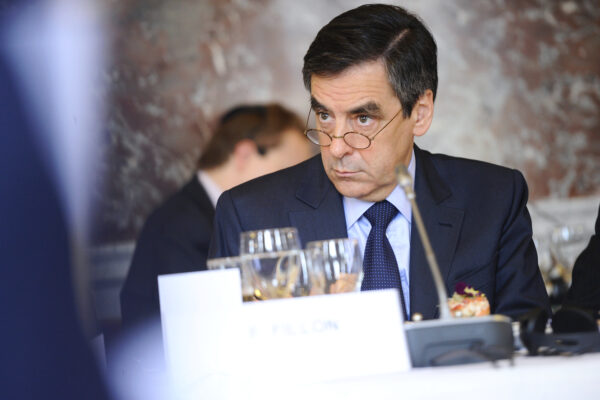
The victory of François Fillon in the French center-right primary on Sunday means that, barring a major surprise, he will fight the second round of May’s presidential election against the far right’s Marine Le Pen.
This, in turn, guarantees that by June, France will have a president who, if not openly pro-Russian, has considerable sympathies for the views of Vladimir Putin.
The West divided
This is not the only Western move in Putin’s direction. The Bulgarians recently elected a pro-Russian president. So did Moldova. Combined with Donald Trump’s much restated affirmation that he can do business with Putin, political events seem to be moving rapidly in the Russian president’s favor.
This will pose major challenges to Europe.
Assuming that Fillon is elected president next year, the immediate existential threat to the European Union may be reduced. But differences between France and Germany over how to handle Russia will become more obvious. Those European countries that support a hard line against Moscow may find themselves isolated. It is difficult to see how even the pretence of a common foreign policy could be maintained under such circumstances.
Outlines of a deal
A deal with Putin is not necessarily a bad option. Indeed, in the long term, it may be the only option. Assuming that Europe is not counting on a complete Russian economic and political collapse, and given that nobody has the stomach for expelling the Russians from the Ukraine, or providing Syrian rebels with the support they need to hang on in Aleppo, some kind of arrangement will be necessary.
The broad outlines of such a deal are clear: Accepting Russia’s annexation of the Crimea in exchange for stabilizing the rest of the Ukraine and accepting Bashar Assad’s continued role in Syria in exchange for guarantees for Israel’s security.
The devil will be in the detail, or more specifically in finding a formula that recognizes the outcomes of Russia’s actions without formally recognizing them or setting precedents.
